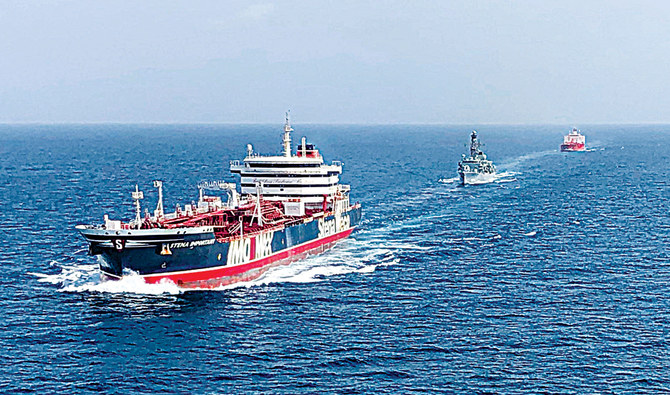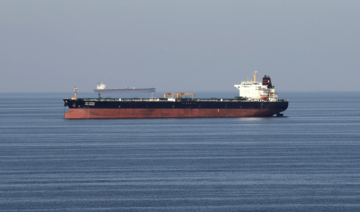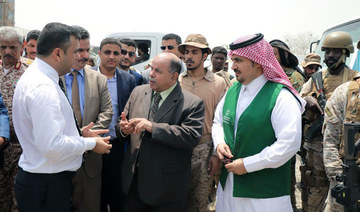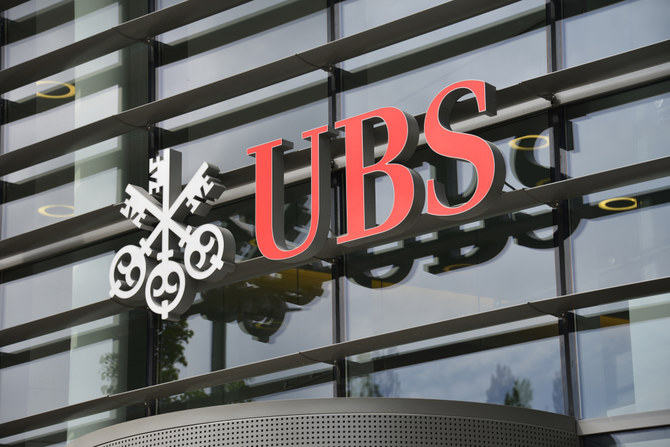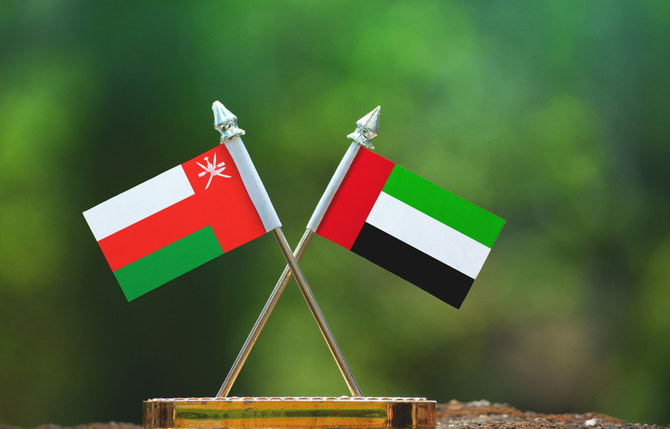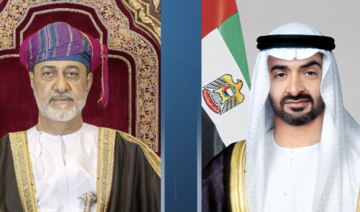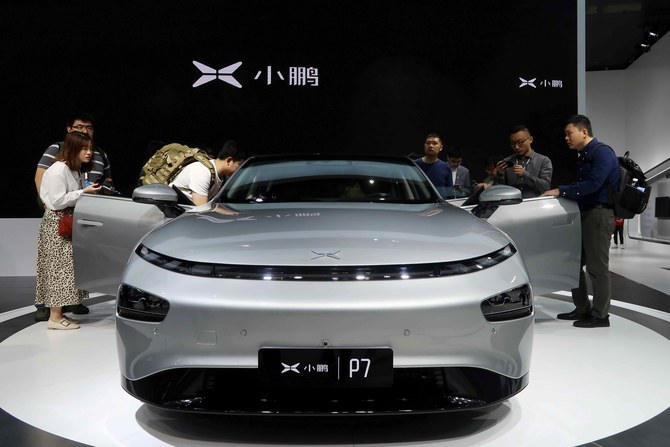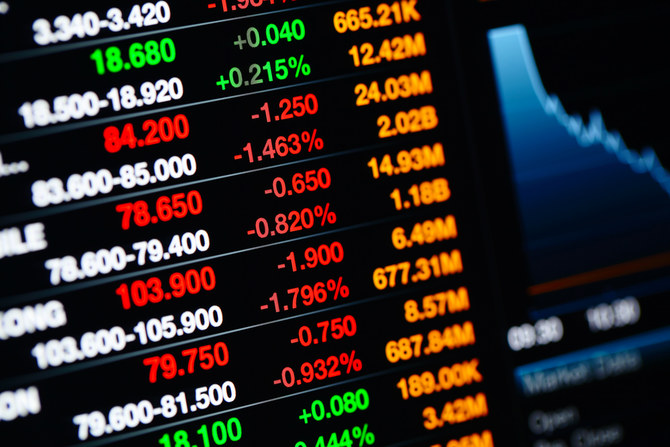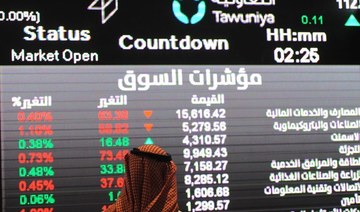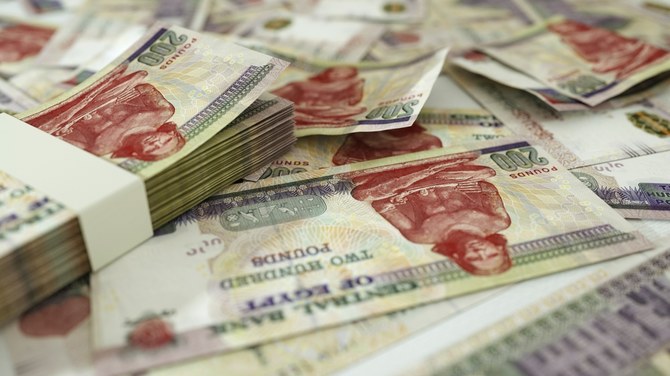DUBAI: Somewhere on its journey from the waters off Iran, around Africa’s southern tip and into the Mediterranean, the Grace 1 oil tanker lost the flag under which it sailed and ceased to be registered to Panama. Iran later claimed it as its own.
The ship, carrying 2 million barrels of Iranian crude, was seized by British Royal Marines off Gibraltar, raising tensions in the Gulf. Iran later detained a UK-flagged ship in retaliation.
Grace 1 remains impounded, not because of its flag but because it was suspected of taking oil to Syria in breach of EU sanctions, an allegation that Iran denies.
Yet Panama’s move on May 29 to strike it from its register mid-voyage was part of a global squeeze on Iranian shipping.
Nations that register vessels under so-called “flags of convenience” allowing them to sail legally have de-listed dozens of tankers owned by Iran in recent months, tightening the economic noose around it.
In the biggest cull, Panama, the world’s most important flag state, removed 59 tankers linked to Iran and Syria earlier this year, a decision welcomed by the US, which wants to cut off Tehran’s vital oil exports.
Panama and some other key flag states are looking more closely at the thousands of ships on their registers to ensure they comply with US sanctions re-imposed against Iran last year.
A Reuters analysis of shipping registry data shows that Panama has de-listed around 55 Iranian tankers since January; Togo has de-listed at least three and Sierra Leone one.
That represents the majority of its operational fleet of tankers, the lifeblood of its oil-dominated economy, although Iran may have re-registered some ships under new flag states.
When a vessel loses its flag, it typically loses insurance cover if it does not immediately find an alternative, and may be barred from calling at ports. Flags of convenience also provide a layer of cover for a vessel’s ultimate owner.
International registries charge fees to ship owners to use their flags and offer tax incentives to attract business. Iran says it still has plenty of options.
“There are so many shipping companies that we can use. In spite of US pressure, many friendly countries are happy to help us and have offered to help us regarding this issue,” said an Iranian shipping official, when asked about tankers being de-listed.
HIGHLIGHTS
● Countries have de-listed Iranian tankers from registries.
● The practice is squeezing Iran’s maritime operations.
● Iran depends on high seas, ships for oil exports and other trade.
Some nations have expressed caution, however. The world’s third biggest shipping registry, Liberia, said its database automatically identified vessels with Iranian ownership or other connections to the country.
“Thus, any potential request to register a vessel with Iranian connection triggers an alert and gets carefully vetted by the Registry’s compliance and management personnel,” the registry said.
Liberia said it was working closely with US authorities to prevent what it called “malign activity” in maritime trade.
In many cases Iran has re-listed ships under its own flag, complicating efforts to move oil and other goods to and from the dwindling number of countries willing to do business with it.
Some shipping specialists said the Iranian flag was problematic because individuals working for the registry in Iran could be designated under US sanctions, and so present a risk for anyone dealing with vessels listed by them.
“Most insurance companies or banks will not be able to deal with the Iranian flag as it is in effect dealing with the Iranian state,” said Mike Salthouse, deputy global director with ship insurer the North of England P&I.
Customs officials may also sit up and take notice.
“One of the problems with an Iranian-flagged ship is that there is a 50 percent chance that a customs officer will undertake a search, which means the cargo will be delayed,” said a UN sanctions investigator, who declined to be named. “These all add to the costs.”
A former US diplomat said Washington was often in contact with Panama and other flag states to keep vessel registries “clean.”
“We are continuing to disrupt the Quds Force’s illicit shipments of oil, which benefit terrorist groups like Hezbollah as well as the Assad regime (in Syria),” said a spokesman at the US State Department.
Quds Force refers to an elite unit of Iran’s Islamic Revolutionary Guards Corps, that is in charge of the Guards’ overseas operations, and Hezbollah is an Iran-backed, heavily armed Shiite Muslim group that forms part of Lebanon’s coalition government.
“Nearly 80 tankers involved in sanctionable activity have been denied the flags they need to sail,” the spokesman added.
De-flagging Iranian ships is just one way the international community can squeeze Iran.
US sanctions on oil exports aim to reduce Iran’s sales to zero. Iran has vowed to continue exporting.
In the first three weeks of June Iran exported around 300,000 barrels per day (bpd), a fraction of the 2.5 million bpd that Iran shipped before President Donald Trump’s exit in May last year from the 2015 nuclear deal with major powers.
Egypt could also complicate life for Tehran if it denies passage to tankers heading to the Mediterranean through the Suez Canal. The alternative route around Africa, taken by Grace 1 before its seizure, is far longer.
Refinitiv shipping data showed the Masal, an Iranian-flagged oil tanker, anchored in the Suez Canal’s waiting zone on July 6. It stayed there until July 12, when it began to sail south. It exited the Red Sea on July 17 and docked at Larak Island, Iran on July 23.
Two Egyptian intelligence sources told Reuters that the tanker was halted in the Red Sea in July by authorities “without anyone knowing the reason.”
A second senior Iranian government official involved in shipping declined to comment when asked about the Masal.
The Suez Canal Authority’s spokesman said Egypt did not bar vessels from crossing the canal except in times of war, in accordance with the Constantinople Convention. He declined to comment further.
The UK tightened the screw when it seized the Grace 1 supertanker on July 4, accusing it of violating sanctions against Syria.
Two Iranian-flagged ships have been stranded for weeks at Brazilian ports due to a lack of fuel, which state-run oil firm Petrobras refuses to sell them due to US sanctions. Two more Iranian ships in Brazil could also be left without enough fuel to sail home.
A recent incident off Pakistan’s coast last month points to the lengths Iran has gone to in order to keep trading.
The Iranian cargo carrier Hayan left from the Iranian port of Bandar Abbas on June 3 and set sail for Karachi on Pakistan’s coast, according to ship tracking data from maritime risk analysts Windward.
On June 7, it changed its name to Mehri II and its flag to that of Samoa, the data showed, as it made its way toward Karachi’s port.
Six days later, the vessel conducted a ship-to-ship transfer of its unknown cargo further up Pakistan’s coast.
The ship then returned home, changing its flag back to Iran and its name back to Hayan.
Imran Ul Haq, spokesman for the Pakistan Maritime Security Agency, said they had no information, when asked about the Iranian ship’s activity.
Iran has frequently used ship-to-ship transfers to move oil and oil products since US sanctions were reimposed.
Shipping data also show that a separate Iranian-owned cargo ship, the Ya Haydar, has been sailing around the Gulf and reporting its flag as that of Samoa.
Samoa denies allowing Iran to register any ships under its flag.
“The said vessels Hayan or Ya Haydar are not, and have never been listed, nor registered on the Samoa’s registry of vessels,” said Anastacia Amoa-Stowers of the Maritime department at Samoa’s Ministry of Works, Transport & Infrastructure.
“Given there are currently no Iranian ships listed on Samoa’s registry, there is no action to de-list a vessel. Additionally, there has never been any Iranian ships listed on Samoa’s vessel registry – previously and at present.”
Amoa-Stowers said Samoa was a closed registry, meaning that any foreign vessel flying its flag was doing so illegally.
The second senior Iranian government official involved in shipping declined to comment when asked about the two vessels.
A spokeswoman with the International Maritime Organization said the UN’s shipping agency had received information from Samoa which has been circulated to member states.



